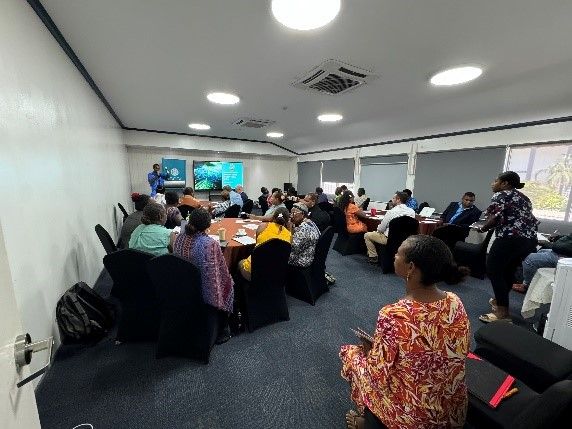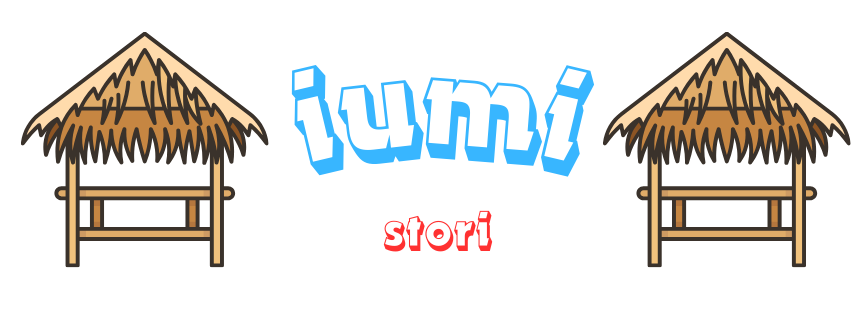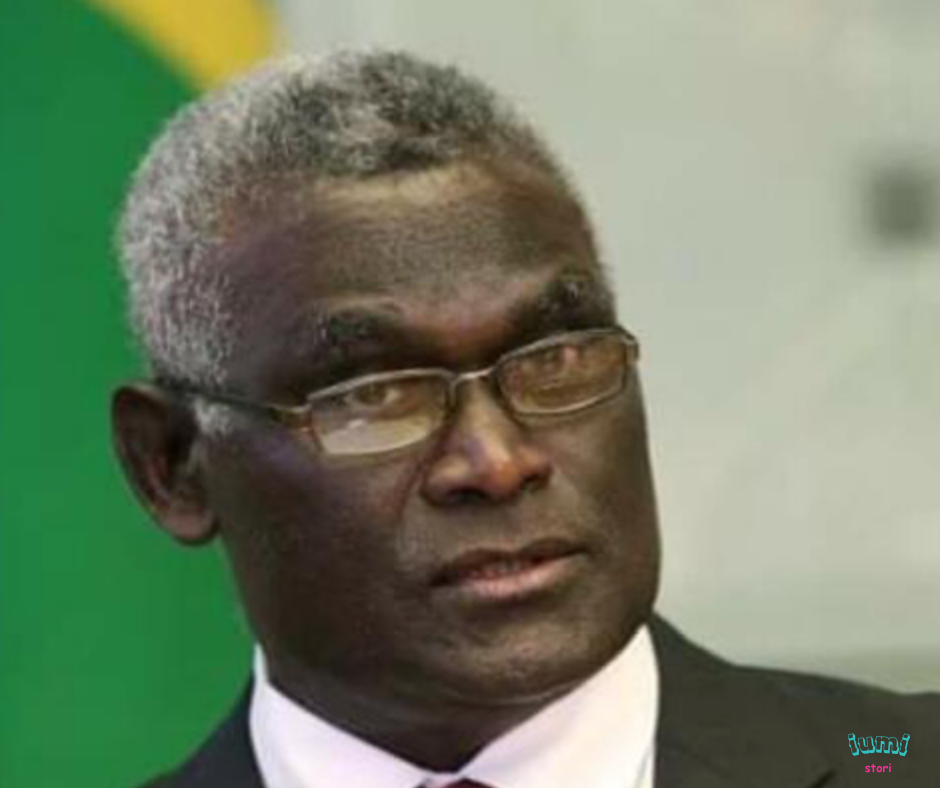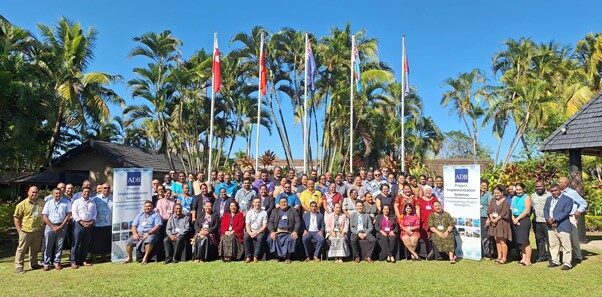
Honiara, Solomon Islands – [14th October 2024] – Last week, the Solomon Islands Government, in collaboration with the Global Green Growth Institute (GGGI), successfully launched the Solomon Islands Carbon Trading Policy Project in the capital city, Honiara. This landmark initiative aims to develop an inclusive policy framework to guide carbon trading activities in the Solomon Islands, positioning the country to leverage carbon markets as part of its inclusive and sustainable development strategy.
The project, which is supported by Phase 2 of the Low Emission Climate Resilient Development (LECRD) Programme, funded by the Governments of New Zealand and Ireland, was officially launched at an inception workshop attended by key Solomon Island government officials from the Ministry of Environment, Climate Change, Disaster Management, and Meteorology (MECDM), Ministry of Forestry and Research (MoFR), Ministry of Finance and Treasury (MoFT), Office of the Prime Minister and Cabinet (PMO), Ministry of Agriculture and Livestock (MAL), Ministry of Infrastructure Development (MID) and the Ministry of National Planning and Development Coordination (MNPDC).
Also in attendance were representatives from key civil society organisations (CSO) including the Solomon Islands National Council of Women, the national NGO umbrella body Development Services Exchange (DSE), the environmental NGO WWF-Solomon Islands, the global environmental non-profit the Nature Conservancy (TNC), the NGO Live and Learn, the think tank the Islands Knowledge Institute (IKI) and the carbon project developer, Nakau.
A number of international partners, similarly, attended the event including the British High Commissioner to Solomon Islands, Mr. Thomas Coward, Mr. Nelson Kumamusa Kere, a Senior Policy and Economics Advisor at the New Zealand High Commission, Ms. Kellie Rabb, First Secretary at the Australian High Commission, Patricia Pollard from the US-funded Millennium Challenge Corporation (MCC) Solomon Islands Threshold Program and Tim Dawson from the European Forest Institute (EFI).
Thaddeus Siota, Director of Climate Change at the Ministry of Environment, Climate Change, Disaster Management, and Meteorology (MECDM) welcomed participants, emphasizing the project’s importance in addressing the Solomon Islands’ environmental and economic needs. He noted:
“Here in the Solomon Islands, we are all aware of how vulnerable to the impacts of climate change we are and understand that it is imperative that we take decisive action to mitigate the risks and contribute to the global efforts to combat climate change. The Solomon Islands Carbon Trading Policy presents an innovative and promising avenue to engage with the international community to not only reduce greenhouse gas emissions but also help to improve the livelihoods of people here in the Solomon Islands and so is both a winning situation for both the Environment and Economy of the Solomon Islands”
Richard Raomae, Permanent Secretary of the Ministry of Forestry and Research echoed this sentiment in his welcoming remarks stating:
“The development of a Solomon Island Carbon Trading Policy is very critical and is a priority for the Solomon Islands Government”.
He further noted that it will be vital for Government Ministries and Stakeholders to really work closely together to develop a policy framework that will serve as a valuable and meaningful guide to local communities and potential developers.
Key Focus of the Project
The Solomon Islands Carbon Trading Policy Project aims to:
- Increase the Solomon Islands Government and other stakeholders’ knowledge and understanding about international carbon markets and how the Solomon Islands might be best able to position itself tomaximise and ensure the fair distribution of the potential benefits including to women and other marginalised groups.
- Identify the optimal institutional and governance arrangements to support carbon trading and the equitable distribution of benefits in the Solomon Islands.
- Develop an inclusive, well consulted and transparent Carbon Trading Policy that will provide a clear signal to the international market and local communities of what the Solomon Islands Government’s intentions are with respect to carbon trading.
Looking Ahead
The project is being led by the MECDM and the MoFR, with technical assistance from GGGI and financial support from New Zealand and Ireland.
Over the coming months, consultations will take place to ensure the policy reflects the perspectives of key stakeholders, including landowners, environmental groups, the private sector and very importantly women and other marginalised groups.
“This is just the beginning of an exciting journey towards a low-carbon, climate-resilient future for the Solomon Islands. Through this project, we are laying the groundwork for sustainable development that balances economic growth with environmental preservation” said Sakiusa Tuisolia, GGGI’s country representative for the Solomon Islands and Papua New Guinea.
Stakeholder Engagement and Next Steps
Stakeholder engagement is a critical component of the project’s success. The first round of consultations will begin next month, focusing on building a policy that is fair, transparent, and inclusive of the unique needs of the Solomon Islands.
End///
-MECDM


